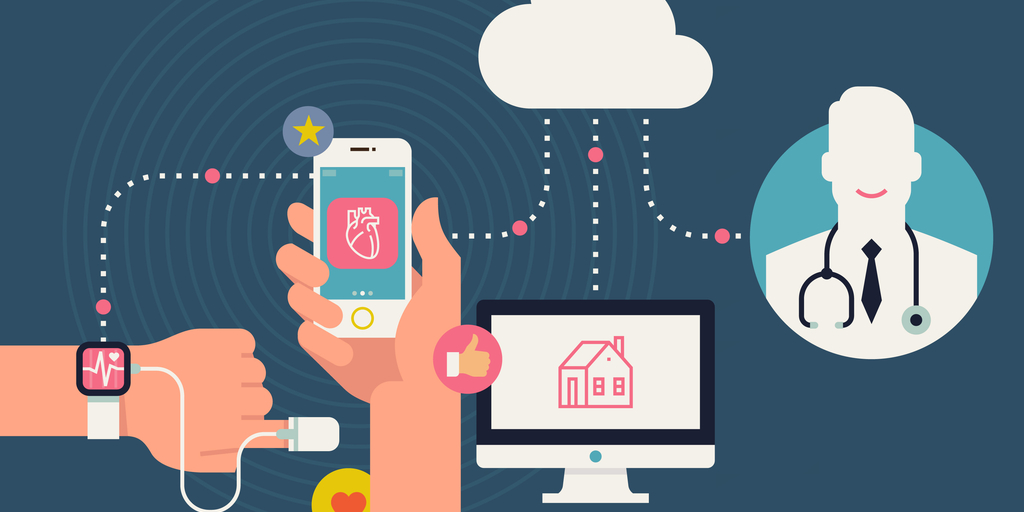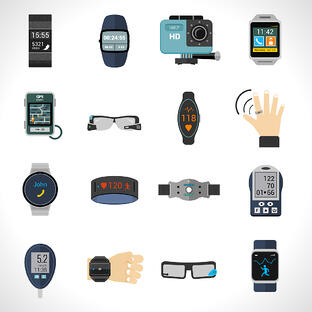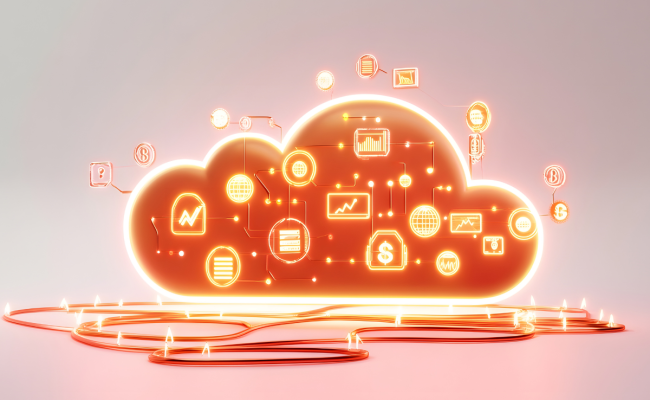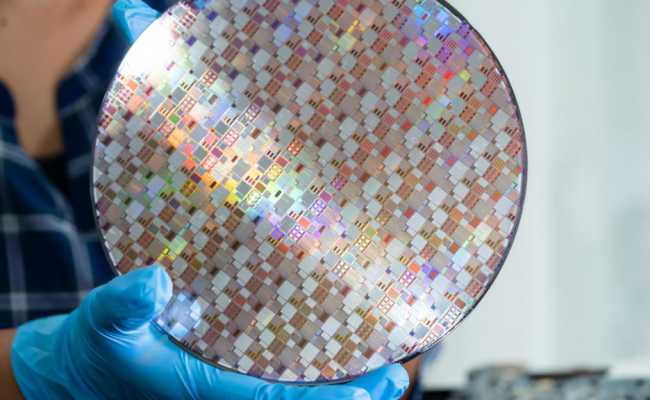You might not realize it, but biometrics is becoming a significant part of our everyday life. For example, if you use your fingerprint to unlock your phone, you’re making use of biometric data.
More generally, biometric data is collected and used by fitness trackers, the most well-known brands, including Fitbit® and Garmin®. These wearable devices are usually worn as wristbands to measure the wearer’s unique health information, such as their pulse, heart rate, oxygen level, and blood pressure.
Fitness trackers can leverage your biometric data to provide a visual reminder of your health status. Wearing a fitness tracker isn’t the same as hiring a health coach. However, it can provide you with timely and vital information to make healthy lifestyle changes for long-term benefits.
But what exactly is biometrics? And how can biometrics positively impact our health? In this post, we’ll dive into how biometrics—specifically biometric wearables—can help us achieve a healthier lifestyle and even detect COVID-19. For even more information on biometrics, check out this guide from one of the leading biometrics cards providers, the Thales Group. For specific details on biometric payment cards, there is a trove of information including a comprehensive whitepaper by Secure Technology Alliance that you can dive into.

The most prominent use case of biometric data can be seen in fitness trackers and wearable devices. These devices are designed with fitness and wellness in mind, typically coming in the form of smartwatches, smart bands, smart rings, and smart necklaces.
These fitness trackers often sync up with the wearer’s smartphone and accompanying apps to monitor their physical activity and health. Body fat percentage, hydration, heart rate, and sleep quality are just some of the measurable biometrics. However, fitness trackers aren’t only designed for workout buffs. Anyone looking to monitor and improve their general health can make use of them.
For fitness trackers to collect accurate data and provide the most utility to their wearers, they need incredibly accurate sensors. The more precise a sensor is, the more powerful processors it uses, which typically consume more power.
That’s where Ambiq’s ultra-low-power System on Chips (SoCs) come in. Leaders in biometric sensor technology, such as Valencell, are partnering with Ambiq® to help sensor and processor components maintain a low power profile while maintaining supreme accuracy.
Not only is the market growing at a quick rate, but the technical capabilities behind biometrics are advancing quickly as well. Reportedly, Amazon is working on a voice-activated wrist-worn device that can track our emotions. Consumers must be noticing the positive effect of fitness trackers and wearable devices because the biometrics market has exploded in recent years. According to Global Market Insights, the biometrics market size was $12 billion in 2016. That number is expected to balloon to $50 billion in 2024.

The issue of mental health has become a hot-button topic in the wake of the pandemic. With more people working from home, we’ll likely see new wearable devices and apps designed to help maintain good health and avoid stress.
Using a fitness tracker can motivate you to lead a healthier and more active lifestyle. With access to your real-time biometric data, it’s possible to make immediate changes like tweaking your daily workout routine or changing your diet. Some smart trackers can even help detect COVID-19, which is useful when many of the infected people don’t show visible symptoms of the disease.
Increasingly, the world is looking to biometric data as a foundation for preventive measures against the coronavirus. For example, the National Basketball Association (NBA) is planning to provide Oura rings to its players as the season restarts in a bubble.
This smart ring, along with its accompanying app, measures key biometrics to generate an “illness probability score.” If a player’s score exceeds a certain threshold, they will be tested for COVID-19.
A recent study by West Virginia University has supported the preventive capabilities of Oura rings, suggesting that the data collected can detect COVID-19 up to three days before the onset of noticeable symptoms.
The use of biometric data in wearable devices has become more relevant than ever in the wake of the coronavirus pandemic. However, health and wellness isn’t the only area where biometrics can help. Next time, we’ll look at how your biometric data can be used as a “human signature” for greater personal security.

